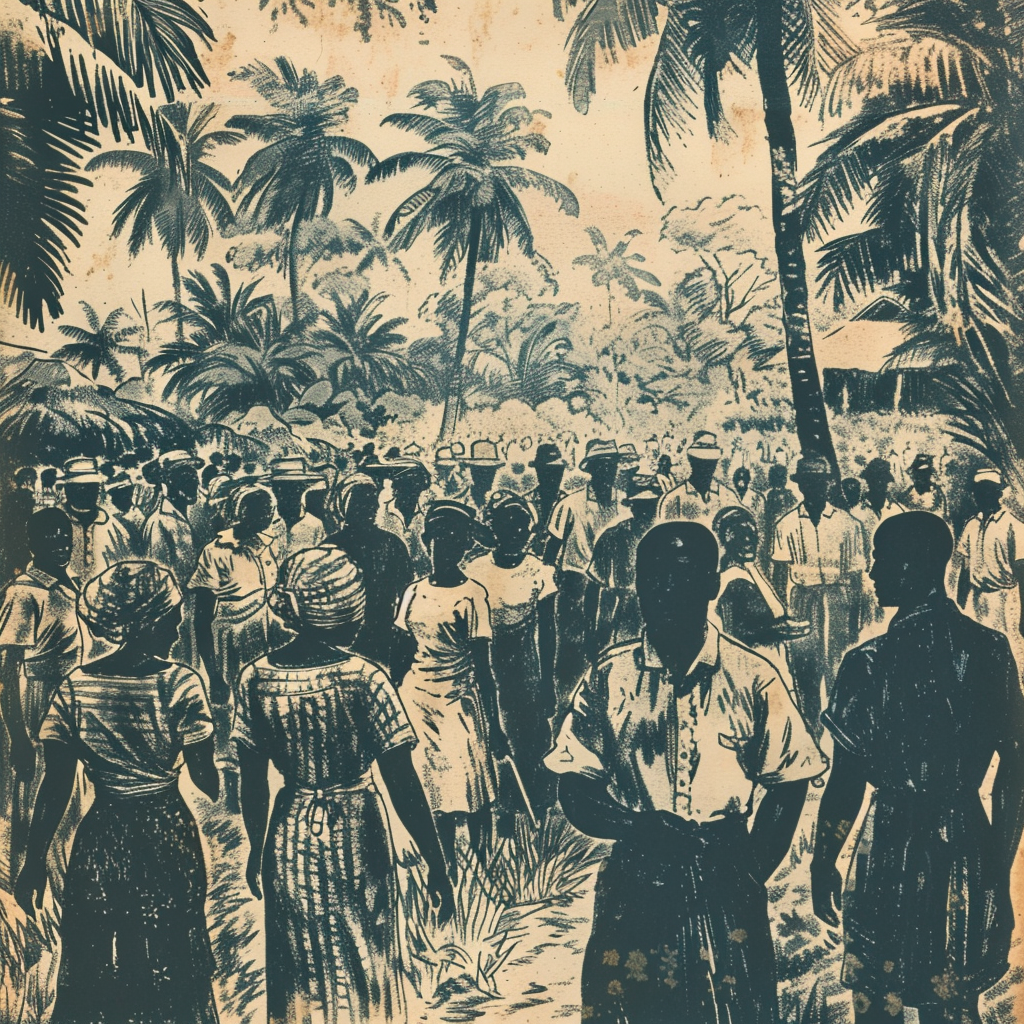Step into the shadows of history as we explore the profound impact of colonialism on the writing and interpretation of African history. In this journey, we will uncover the biases, Eurocentrism, and distortions inherent in early colonial historical narratives that continue to shape our understanding of Africa’s past.
Imperial Gaze and Eurocentric Lens
From the onset of colonial rule, European powers imposed their own interpretations and narratives upon African history. Through the imperial gaze of conquest and domination, colonial historians portrayed Africa as a continent devoid of history, civilization, and agency. Eurocentric perspectives framed Africans as primitive, uncivilized, and inferior to their European counterparts, perpetuating racial stereotypes and justifying colonial exploitation.
Distortions and Erasures
Early colonial historical narratives were marked by distortions and erasures that obscured the realities of African societies. Indigenous knowledge systems, oral traditions, and historical sources were dismissed or marginalized in favor of European-written accounts that served colonial interests. Complex and dynamic civilizations such as Great Zimbabwe, the Mali Empire, and the Kingdom of Aksum were often misrepresented or overlooked in colonial histories, reinforcing narratives of African backwardness and dependency.
Racial Biases and Social Darwinism
Colonial historians propagated racial biases and Social Darwinist theories that categorized African peoples into hierarchies of civilization and culture. The myth of the “civilizing mission” justified colonial conquest and exploitation by portraying Europeans as benevolent saviors bringing progress and enlightenment to supposedly primitive Africans. This ideology justified the subjugation of African peoples and justified the erasure of their histories, cultures, and identities.
Legacy and Resistance
The legacy of colonial perspectives in African historiography persists to this day, shaping academic discourse, popular perceptions, and public policy. Yet, African scholars and intellectuals have long challenged these narratives and reclaimed their own histories. Through decolonization movements, postcolonial scholarship, and indigenous methodologies, African historians have sought to uncover the hidden voices and untold stories of Africa’s past, challenging Eurocentric hegemony and reclaiming agency over their own narratives.
Towards Decolonization and Reclamation
As we confront the shadows of colonialism in African historiography, we must strive towards decolonization and reclamation of African histories. By centering African perspectives, voices, and experiences, we can challenge the biases and distortions of colonial narratives and build a more inclusive and equitable understanding of Africa’s rich and diverse past. Through this process, we can honor the resilience, creativity, and agency of African peoples and forge a path towards a more just and equitable future.
Related Articles
- Global Perspectives in African Historiography: Tracing Interconnected Histories
- Conflict and Peace in African Historiography: Unraveling the Threads of History
- Digital Histories of Africa: Navigating the Technological Terrain
- Postcolonial African Historiography: Reclaiming Narratives, Rewriting Histories
- Gender Perspectives in African Historiography: Unveiling Hidden Narratives
- Oral History and Memory in African Historiography: Preserving Voices of the Past
- Decolonizing African Historiography: Embracing Indigenous Narratives and Perspectives
- Colonial Perspectives in African Historiography: Unveiling the Shadows of the Past
- The Evolution of African Historiography: Unraveling the Threads of Time



